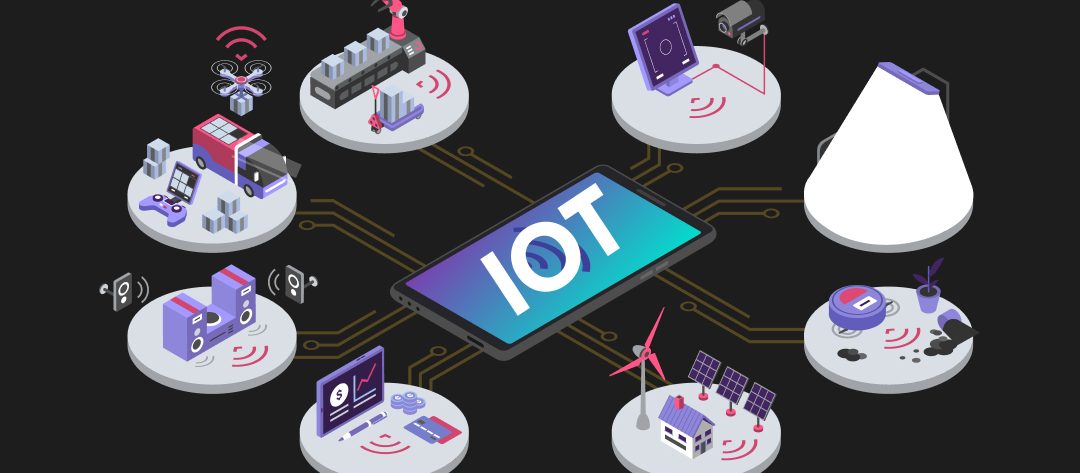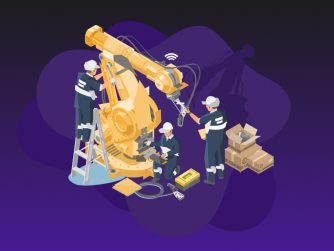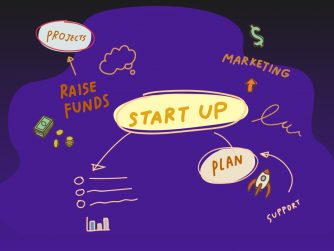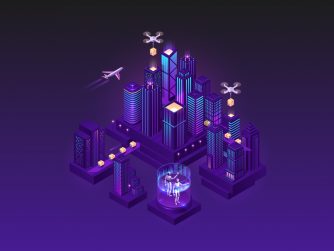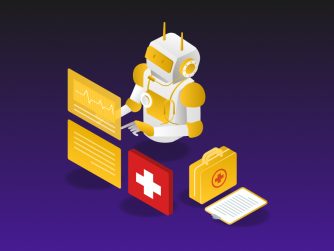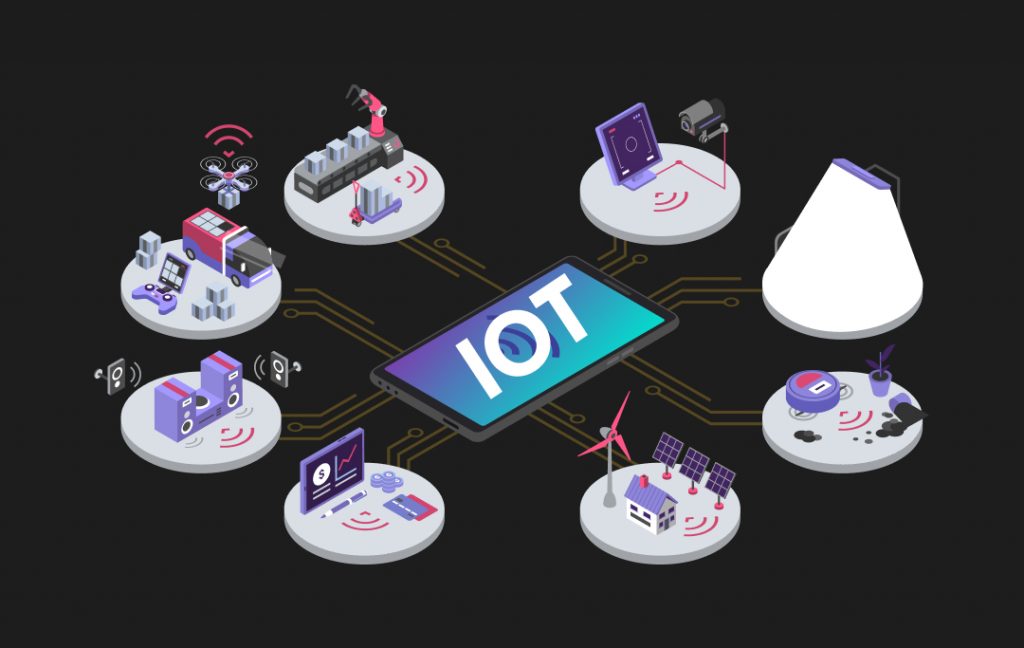
The Internet of Things (IoT) is one of today’s hottest business topics – and whether you own a small or medium-sized company, you’ll need to understand it sooner rather than later.
In a world dominated by digital technology, IoT plays an important role in our lives.
It has created an ecosystem that connects many systems to provide intelligent performance in every task. The proliferation of IoT has resulted in a new evolution of cell phones, homes, and other embedded applications that are all internet-connected. They have flawlessly integrated human communication in ways we could never have imagined, and users have more comfort today than ever!
With a simple clap, one can turn off or on lights, control music, or make a phone call. IoT enabled all of this, which is why it is one of the most significant technological breakthroughs of the twenty-first century.
And now, with the increased comfort it provides, demand is increasing as well. As a result, business owners, large and small, are working hard to make IoT more affordable.
What is the Importance of IoT for Small Businesses?
Small businesses (SMBs) are finding value in IoT applications today, particularly as IoT’s continued rapid growth indicates that a failure to adopt and adapt to its increasing use in business environments may leave some companies technologically behind.
Here are a few ways that IoT can help your business:
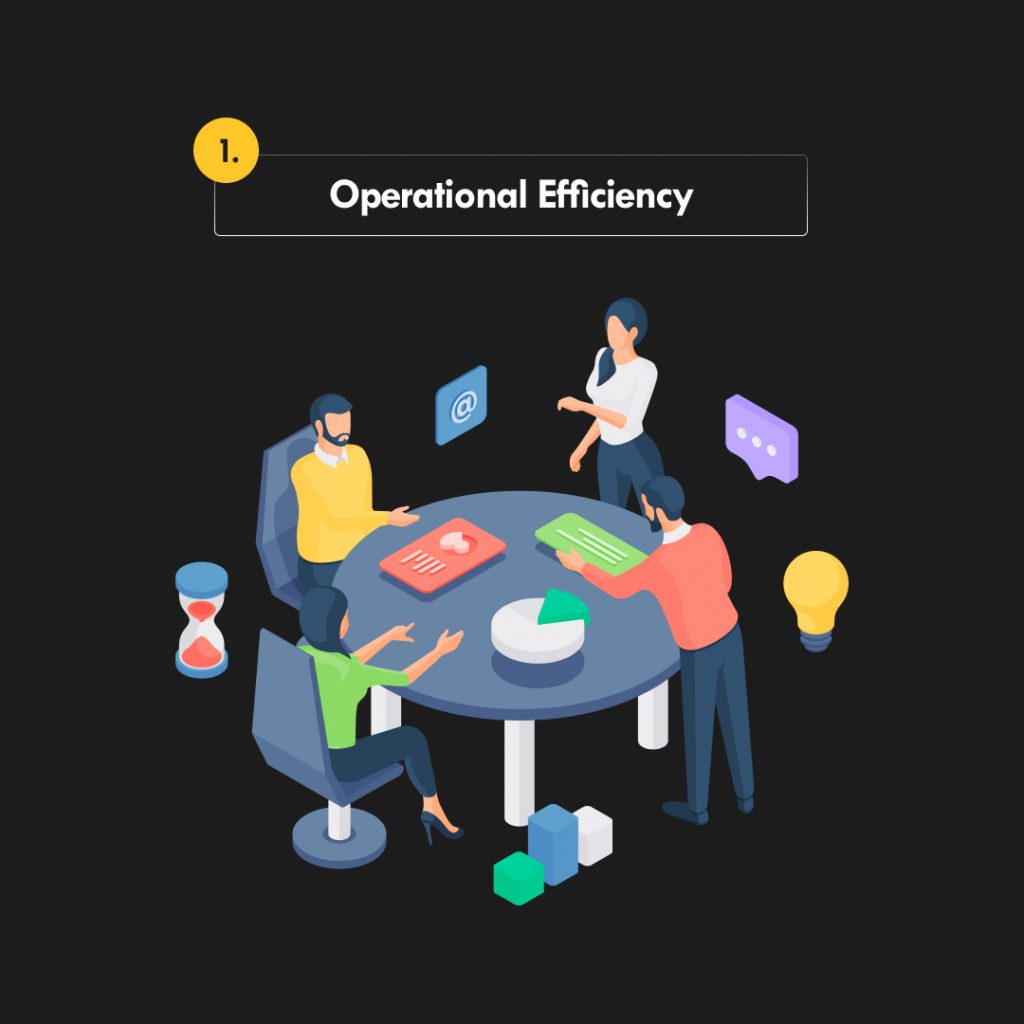
The IoT benefits for businesses can help improve workforce efficiency in key areas.
SMBs can track performance and key metrics and ensure that their equipment is functioning properly because sensors can provide 24/7 monitoring. And as soon as something goes wrong, they can perform repairs or maintenance, minimizing major disruptions caused by serious equipment problems.
Employees with smartphones and internet access can work from anywhere too.
Files on a central server can now be accessed from outside the organization’s local network. In addition to that, on-the-go video conferencing is now possible with free apps like Messenger or Viber.

Establishing efficiency across all departments, including human resources and office management, can improve your organization’s bottom line while also reducing disruptions that improve productivity.
Another advantage of an IoT-enabled office is remote access to mobile and office devices such as computers and printers, as well as location trackers that allow employees to synchronize devices and communicate with one another.
Track time, productivity, and collaboration.
Connecting your computers and mobile devices allows you to see how much time each person spends on a project, including individual and collaborative time.
This allows you to better understand who and what is interfering with your ability to increase productivity.
This is especially useful when working with remote employees today who cannot be tracked in terms of productivity.
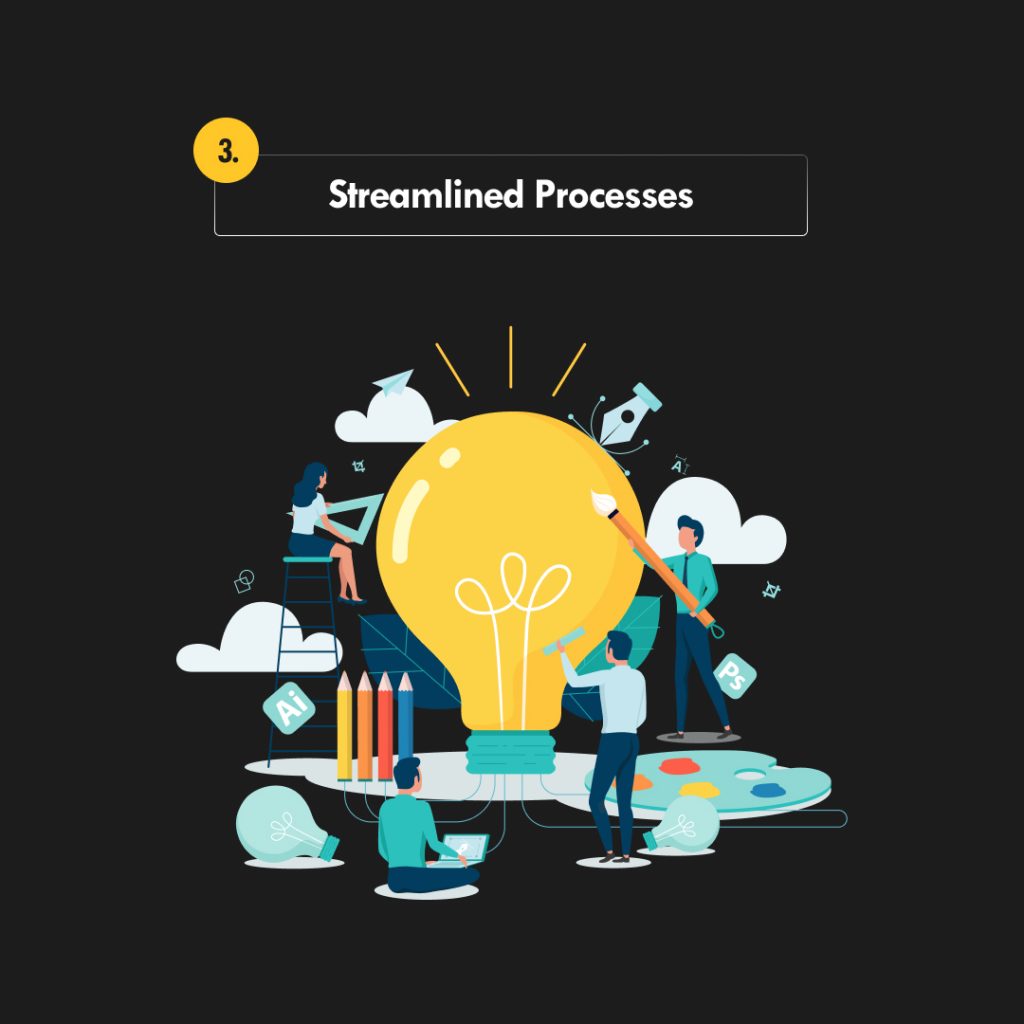
A lot of IoT technology is designed to automate mundane tasks. This can help to streamline processes and relieve your employees of mind-numbing and time-consuming routine tasks and activities.
Voice assistants can also send alerts, remind people, and learn to perform specific tasks. A Google Assistant or Alexa can help you schedule meetings, create an office supply list, answer payroll questions, check facts, and more.
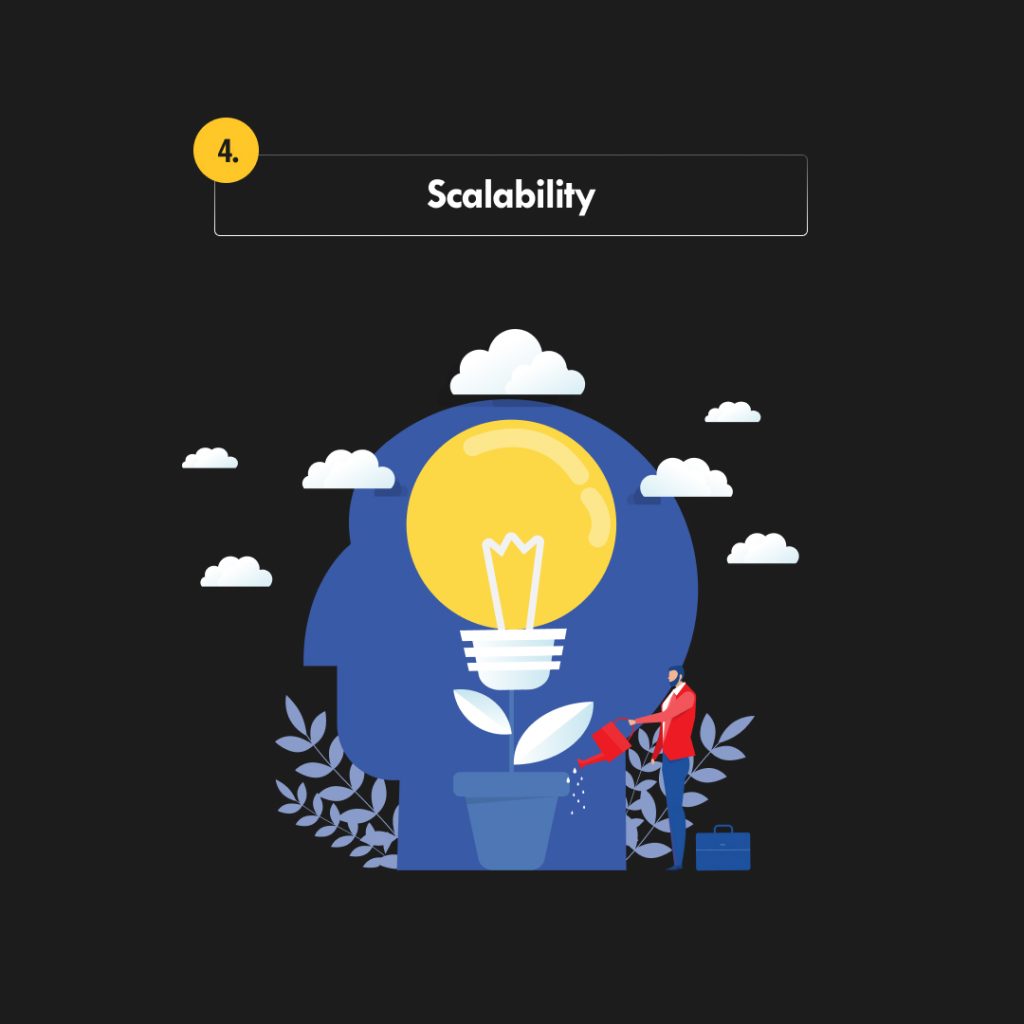
IoT is vast, but it is well-connected.
When your business begins with devices that are compatible with its current technology, it can see a return on investment much sooner.
By focusing on developing an integrated IoT infrastructure for your small business, you will also be able to scale up the benefits as your company grows.

The impact of IoT technology on business opportunities in SMBs around the world is enormous, particularly in the United States.
94% of businesses in the US have adopted IoT use in some way, while 27% have IoT-specific projects in use, with an average “time-to-use” period of 11 months.
As IoT becomes a more fundamental aspect of both internal business operations and the development of projects that serve customer needs, we can expect it to play an even larger role in how companies leverage it for new opportunities and competitive advantages
Real-world examples of IoT
Although the concept of IoT technology is simple, the implications are huge and enormous.
Many businesses and industries are embracing IoT to gain a competitive advantage – health care, manufacturing, retail, energy, and agriculture industries.
They are concentrating on improving operational efficiency through real-time data management and task automation. This gives them the ability to take a more innovative approach to growing and developing their business.
IoT for Healthcare
Prior to IoT, patients’ interactions with doctors were limited to visits, teleconferences, and text messages. There was no way for doctors or hospitals to continuously monitor patients’ health and make appropriate recommendations.
IoT-enabled devices have enabled remote monitoring in the healthcare sector, unleashing the potential to keep patients safe and healthy while also empowering physicians to provide exceptional care.
Patient engagement and satisfaction have also increased as interactions with doctors have become easier and more efficient.
Remote monitoring of a patient’s health helps to shorten hospital stays and prevent re-admissions. IoT also has a significant impact on lowering healthcare costs and improving treatment outcomes.
Fit Bits, heart rate monitors, and smartwatches are commonplace these days.
Farming
Agriculture is one of the industries that benefit the most from the Internet of Things.
With so many advancements in agricultural equipment, the future looks promising.
Drones for farm surveillance, drip irrigation, crop patterns, water distribution, and other tools are being developed.
These will allow farmers to produce a higher-yielding crop and address their concerns more effectively.
IoT smart farming solutions are systems designed to monitor crop fields using sensors – light, humidity, temperature, soil moisture, crop health, and so on– and automate irrigation systems.
Farmers can monitor field conditions from any location.
Industrial Automation
The Internet of Things is proving to be a game-changer in any industry.
Companies that use IoT solutions in industrial automation can reap new benefits. IoT aids in the development of new technologies to solve problems, improve operations, and boost productivity.
This is one of the fields where both faster development and product quality are important factors for a higher Return on Investment.
With IoT applications, one could even re-engineer products and packaging to provide better performance in terms of both cost and customer experience.
The digital factory
When compared to traditional factories, a factory with most of its equipment connected has exceptional performance.
Remote management, process automation, and optimization produce notable results. The implementation of inventory management systems improves the efficiency of these factories.
Predictive equipment maintenance
Factories spend a lot of money on equipment repairs and maintenance.
Every break halts production, resulting in a significant financial loss.
This could even result in plant workers’ injuries. But connected sensors can continuously monitor equipment performance to detect changes before they cause a breakdown.
If a flaw in the tool is discovered, the system can automatically schedule maintenance to correct it before it becomes a problem.
Smart security systems
Modern security systems do more than just allow you to monitor the situation from various offices or storage facilities.
Smart cameras that use artificial intelligence (AI) can recognize faces and alert you if a stranger enters a room with limited access. Sensors that recognize noise or movement aid in the prevention of robberies and improve the overall security of the manufacturing facility.
IoT and Retail
IoT not only helps to produce and deliver goods, but it is also an excellent sales assistant.
Storage and selling conditions
Because of the need to strictly adhere to the necessary storage conditions, selling perishable goods is fraught with danger. This can be handled by smart sensors.
They can constantly measure temperature, humidity, and other important indicators and adjust them to achieve the best conditions for selling products.
Smart monitoring
Cameras and other image recognition-enabled sensors can assist you in gathering vital information about your visitors, their behavior, and their preferences.
This information can be used to direct your sales and marketing efforts toward greater success.
Summing it up…
The Internet of Things is constantly evolving, and it is being tested and used in more ways than you might think.
People can use the Internet of Things to live and work smarter, as well as gain complete control over their lives.
Your small business can use IoT devices to boost productivity, increase efficiency, monitor and control processes, and more.
IoT is a compelling value proposition and a major driver of transformation for small businesses because it brings together data and intelligence to deliver new ideas and ways of doing your business.
Connect with Aerion Technologies and CRINNAC. Through this partnership, we help businesses leverage IoT to improve processes and find efficiencies. We can also help you develop a product to enter the market–from design through to the underlying software platform that supports it.

